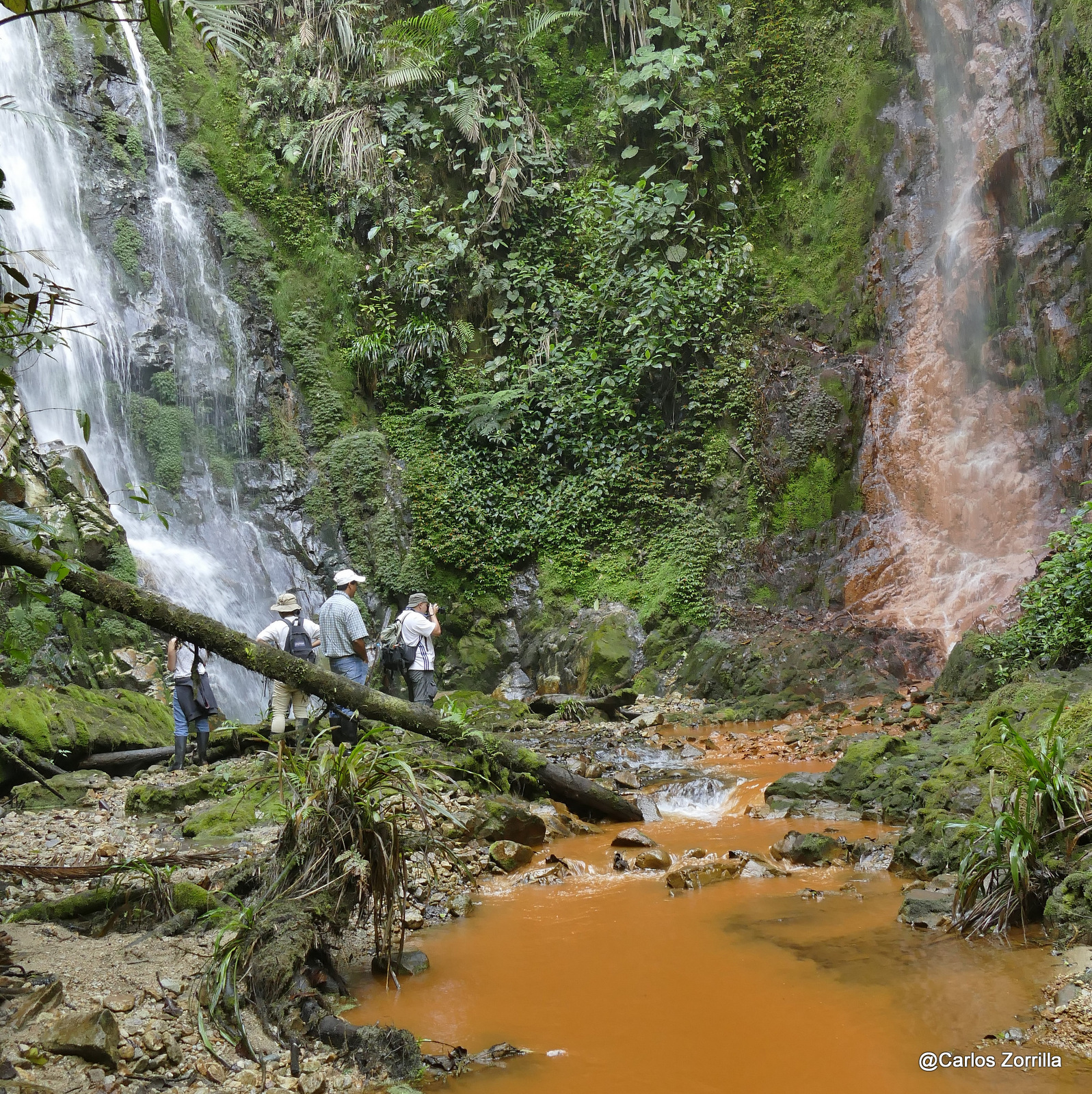Gang activity in Ecuador shows mining fraught with issues
Statement by Rainforest Action Group
The current wave of criminal activity by organised crime gangs in Ecuador underpins predictions made by Rainforest Action Group from 2018 that investing in mining in the country is fraught and risks further destabilising the country.
Paramilitary groups operating on the Ecuador-Colombia border have been growing in strength and presence since 2018 when various dissident ex-FARC groups increased drug trafficking from Colombia to the port of Esmeraldas in the north of Ecuador, due to the easy access to the port of Esmerelda and shipping routes from there to the US or across the Pacific to Australasia. More recently it has been the huge Mexican cartels that have dominated in Ecuador.

In 2018, when Ecuador opened up swathes of copper and gold mining concessions, increasing awareness of the wealth of resources in the country meant it became a hotspot for illegal gold miners from around South America. Gold mining is now seen as being as lucrative as coca growing by organised crime syndicates. Our investigations show that illegal mining has grown since the expansion of legal mining concessions, with illegal mining operations now a thriving income stream for cartels in Ecuador. Both legal and illegal mining are hotly contested by local populations, who say even small-scale explorations have caused significant environmental damage, such as contamination of waterways in Imbabura (pictured).
SolGold’s Cascabel concession in close proximity to the Colombian/Ecuadorian border, is an investor's nightmare. In reports, SolGold has indicated that mining material will be transported, via pipeline, 60 km north west from Cascabel towards San Lorenzo, a known organised crime hot spot. From San Lorenzo, the pipeline will then continue 100km south west to the port of Esmeraldas, where there is significant organised crime activity.
It has long been a political and military tactic in Ecuador to utilise unrest in order to push through mining operations in areas where there has been long-standing opposition to mining projects.
The new unrest adds to existing concerns about mining companies continuing to operate in indigenous territories and remote communities who have been protesting against both legal and illegal mining on their land, such as the Imbabura and Carchi Provinces, which have needed consistent a police and military presence.
Developers of any mine in Ecuador will be on shaky grounds indeed.
Please attribute quotes to Liz Downes, member of Rainforest Action Group, Director of Rainforest Information Centre.
Full media release here.